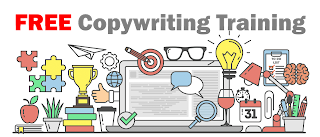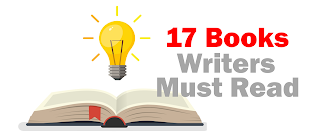The slight man looked out of place wearing suit pants and a
tie while doing pull ups.
I thought I would be the only person into the school weight room,
but math teacher Israel Borenstein was there.
Doing pull ups.
I didn’t have any classes with Mr. Borenstein, but everybody
knew of him because he was fasting in protest of the war.
A war halfway across the world.
That was an odd concept to me. As odd as seeing a teacher doing
pull ups.
In a tie, no less.
“Shouldn’t you be in class?” he asked as he dropped to the
floor.
Damn. I was busted. And tongue-tied.
“Why is it that you want to exercise instead of studying?”
I had no idea what to say. I blurted out the first thing
that came to mind.
“You’re on a hunger strike, right?”
“More of a fast.”
“To protest the war, right?”
“Yes.”
“But what good is you being hungry gonna do?
“Maybe help people to think differently
about war.”
“By not eating?”
“If they were bombing San Francisco, would you feel like having a nice meal?”
“Uh, I guess not.”
“Well, that’s how I feel about the war. People being killed
this way makes me lose my appetite.”
I expected more, but he turned, picked up his suitcoat from
the weight rack, and headed out.
At the door he turned and said, “If you need to burn off
steam in here to clear your mind for study, I understand. If not, go to class.”
Although it was his first year at the school, he left part way through. I
don’t know why.
This was our only interaction.
Mr. Borenstein, one of the better teachers I've encountered.








